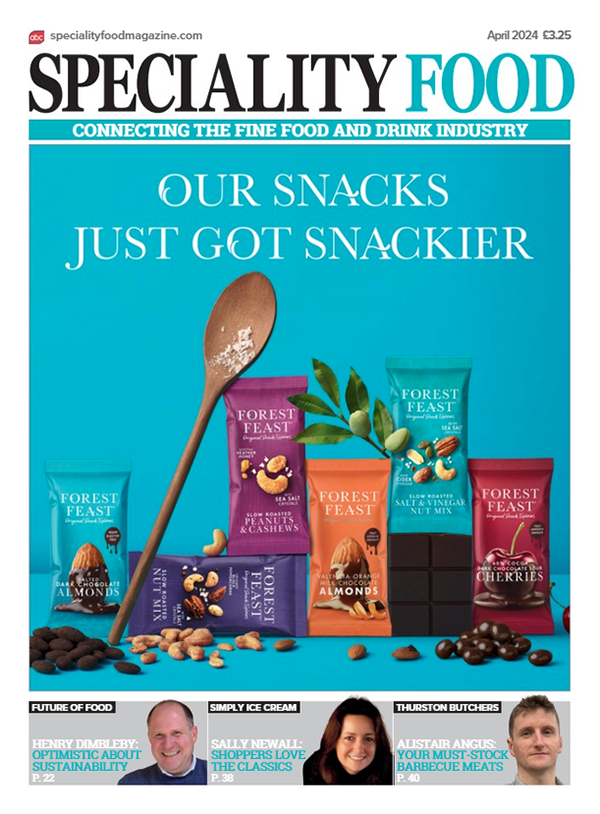“The growth of crowdfunding for food and drink start-ups”

- Becoming a B Corp
- Top trend predictions for Christmas 2021
- Self-sacrifice: The importance of building a leadership legacy centred on others
- Undercover Boss
- Can/should bosses really be close friends with their staff?
Many of us now have several e-mails a month from the latest food and drink start-up to try and raise funds through crowdfunding, but how many of us have invested? This week I thought I would explore the area a little further and try and answer the question of whether it is a good idea to invest our hard-earned cash into crowdfunding food and drink start-ups
First of all, let’s look at the various types of crowd-funding that are out there:
Rewards-based No share of equity is gained, and these campaigns are usually to attract small investments from many for various quantities of product. A good idea if the amount you want to raise is small and you need certain volumes of sales in order to justify a production run, for example.
Donation-based Sometimes an add-on to 1) (but why would you give money to a business rather than a charity) and that is precisely the main function of donation-based crowd-funding for non-profit purposes
Equity-based Investors part usually with larger amounts of money for equity share in a new start-up. This is the main significant crowd-funding in terms of finance within the sector at present, can be the most rewarding but also carries the most risk
Debt Crowd-funding A way of borrowing money without involving banks, who often aren’t very generous. This is the only form of crowd-funding that I have ever done. Many years ago, to fund growth, we borrowed £100k for a year at interest rates higher than the banks, but it was easy and did not involve putting my house up as security. The investors got a good rate of return on their money of around 8% from memory.
So, the good news within our sector is that 11% of food and drink crowd-funding initiatives are successfully funded – more than any other sector, according to Seedrs. Also, successfully funded food and drink companies offer the highest rate of return at 22.8% compared to an average of 14.4%. All this is good news if you choose the right company to invest in, but what concerns me is that many people go into crowd-funding not really knowing what they are getting themselves into, and may lose their money. Look at any page on the Crowdcube web-site where in bold at the bottom of the page, it states: “Join today to own a stake and share in the future success of ambitious British businesses you believe in.” Yes, there are links (in smaller font) alerting to the risks of investments, but what should be in larger font should be the statement that crowd-funded investments are not covered by the Financial Services Compensation Scheme, meaning investors can easily lose their entire stake.
Take the Yorkshire Meatball Company, of example. They went out of business last week having, only one year ago, raised £123,290 via crowd-funding. 220 investors investing an average £560 each with the largest investment being £10,000. All that money has now gone down the toilet, with no obligation or accountability on the two people (father and son) who have taken the business into receivership. And this is one of many crowd-funded food and drink businesses that has gone out of business this year.
My message is: do continue to invest in food and drink start-ups, they need it! But go in with your eyes open to the risks, and do your own due diligence on the companies yourselves, don’t just trust the crowd-funding vehicle, for whom there is no risk whatsoever.
more from Speciality Bites
-
Generosity
05 July 2021 Speciality BitesGenerosity from leaders makes business better in all aspects, yet few businesses have discovered the benefits that accompany being generous of spirit. -
We are now retailers too!
21 June 2021 Speciality BitesSo, the week has arrived at last when I become a retailer as well as a wholesaler. What a journey it has been. -
We need leaders, not managers
07 June 2021 Speciality BitesI’ve mentioned before that not many people can give me the name of someone when asked at interview who has inspired them most from their previous work life. This is because most people have only experienced management not leadership.





